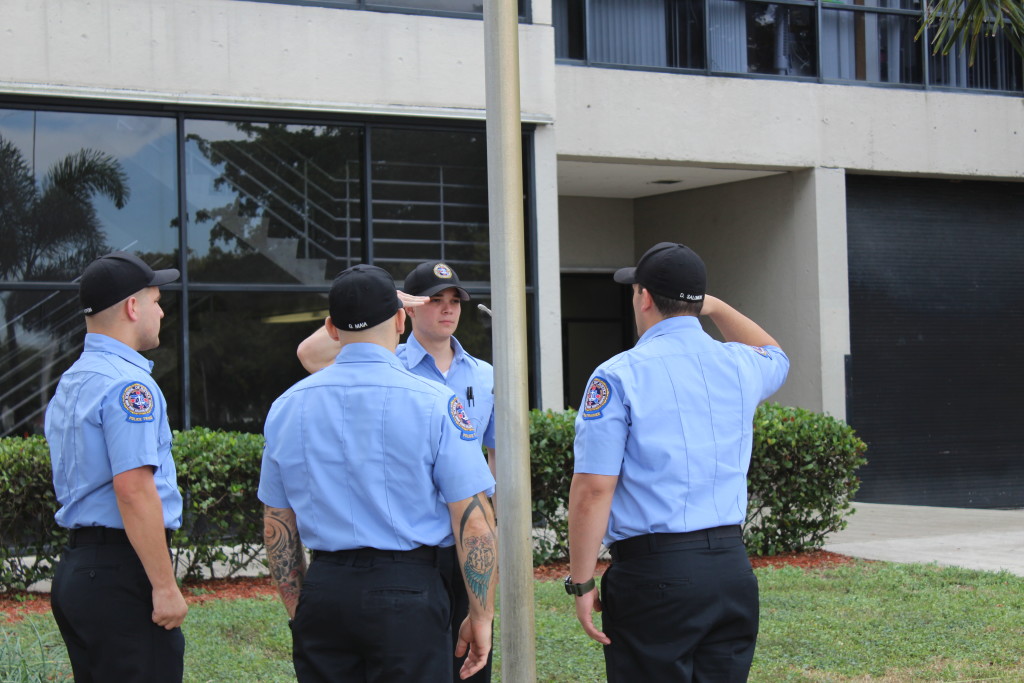Students And Faculty At School Of Justice Weigh In On Lightning Rod Police Issues
The recent deaths of Michael Brown and Eric Garner raised red flags about how the police go about administering justice and protecting citizens. Unarmed, Brown was shot to death in Ferguson, Missouri, while appearing to run away. Garner died after he was put in a choke-hold by a New York City police officer saying: “I can’t breathe.”
Grand juries in both cases, found the police officers to be not guilty. Outrage across the country immediately turned into protest taking the form of die-ins, marches and rallies. Iconic signs stated: “Black lives matter,” “badges don’t grant extra rights” and “Who is next? Is it one of us?”
At North Campus, officials and students at the School of Justice, which trains students in law enforcement, are aware of these raw feelings, but were reluctant to speak directly about the cases because they say they don’t have all the information.
Raimundo J. Socorro, School of Justice director said the training at the SOJ is not based on any news surrounding the two lightning rod cases because they are too fresh and the training a student receives at MDC is based on videos and scenarios that do not invoke a personal opinion.
Socorro believes law enforcement training used to highlight doing what police have to do to go home alive. But he believes that training is the wrong approach.
“Procedural justice, being kind and transparent to people are huge in an officer’s job,” Socorro said. “You must be alert, know defensive tactics and how to use your firearm, but before all of this procedural justice is taught to all the students.”
Paul J. Kiley, director of Basic Training & Career Development Programs for the School of Justice, emphasized that the police at the academy are getting the best level of training to defend the rules of the constitution, provide a level of customer service, and showcase integrity.
Student Chris Iosiphidis, has a Bachelor of Arts Degree in criminal justice and is currently enrolled in the Basic Law Enforcement Academy.
“It is high quality training, where they teach us that our job is to protect people and their property,” Iosiphidis said.
Some in law enforcement have bristled at the protests, Kiley said the demonstrations are an important form of expression.
“Freedom of speech is a precious item, and we want to defend the constitution,” Kiley said.
He understands criticism but wants media to report evenly on law enforcement, including cases where officers are killed in the line of duty.

